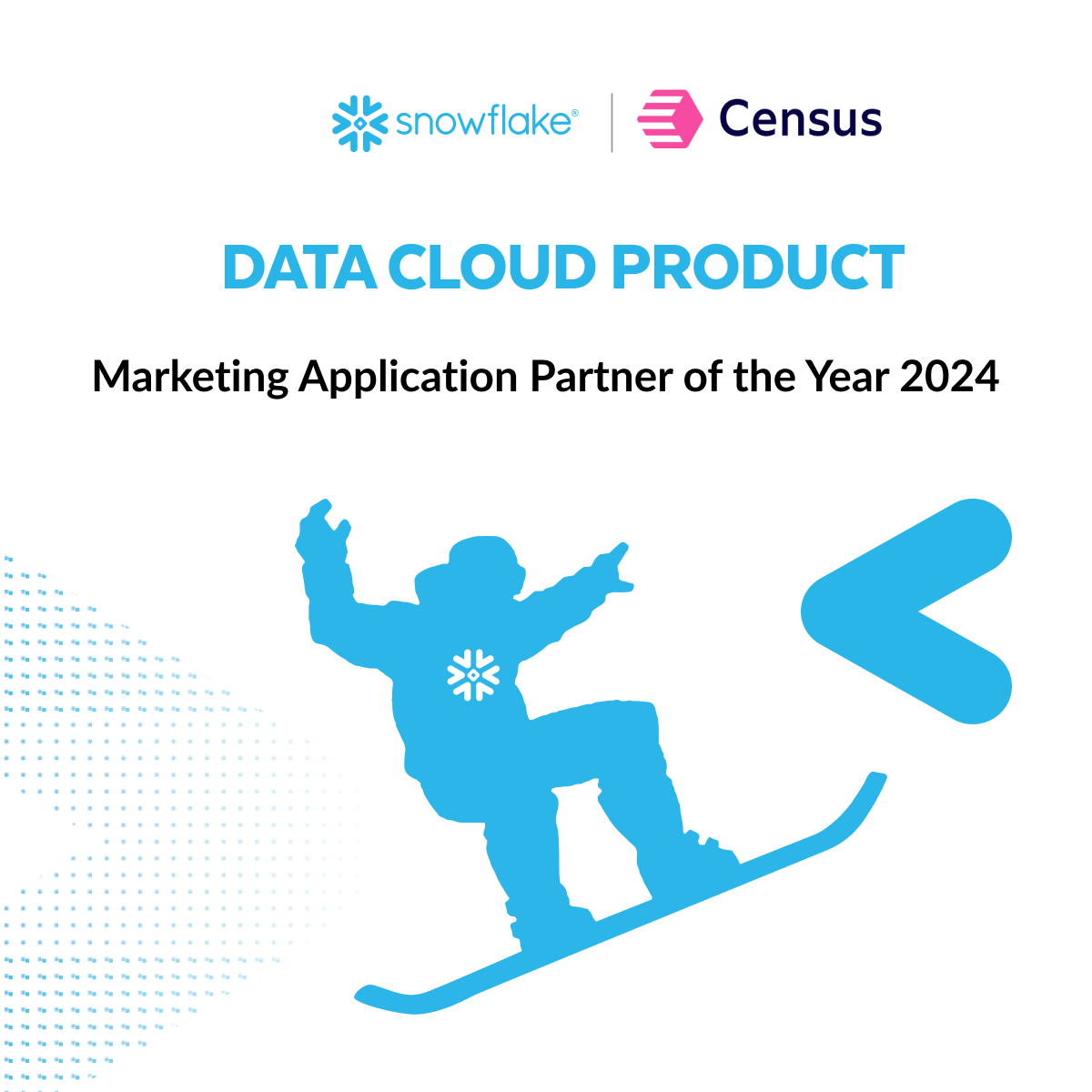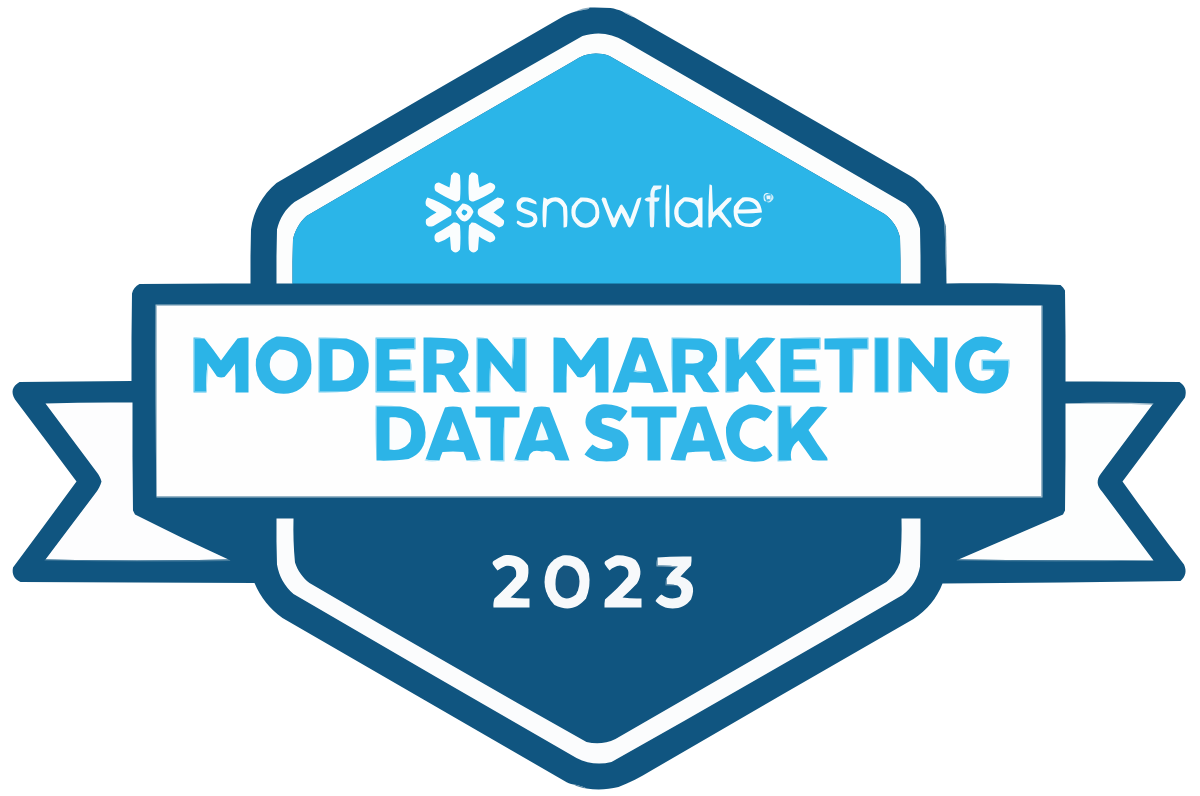Sync dbt to Google Ads
Target the audiences that really matter with custom Google Ads Audiences
Get a demo Try for free







Integration in Four Steps
Step 1: Connect dbt
Connect to your dbt repo, select a branch that you'd like to use, and tag your models with "census" to make them available.
Step 2: Connect Google Ads as a destination
You can use an OAuth log-in flow to connect Census to Google Ads directly via the Census Connections page.
Step 3: Define the core data that matters for your business
Choose your sync frequency with options to transfer data continuously, on a schedule, or triggered after dbt run.
Step 4: Schedule your sync
Choose your sync frequency with options to transfer data in real time, on a schedule, or triggered via our API.
Get a demoWhere can you sync your dbt in Google Ads?
Call Conversion API
Tracking phone calls from call extensions requires a ConversionAction with a type of AD_CALL. These use a Google forwarding number and specify the conversion action in the phone call extension's FeedItem. In the Google Ads UI, this type of conversion is called Calls from ads.
API DocsClick Conversion API
You can use the Google Ads API to upload offline click conversions into Google Ads, mapping to the Uploads conversion source in the Google Ads UI, followed by Conversions from clicks. It gives you more flexibility in associating clicks with conversions. You can track ads that led to sales in the offline world, such as over the phone or through a sales rep.
API DocsConversion Action
Although goals are organized by category and origin, you can set the primary_for_goal attribute of each ConversionAction to indicate the role it should play in bidding and how the action's conversions will appear in reports.
API Docs DescriptionCreating User List
For expression_rule_user_list, there's an additional distinction to make. By default, Google Ads will AND together all rule items in a rule item group. This means that every rule item in at least one rule item group must match in order for the rule to add a visitor to the list. This is called "disjunctive normal form", or OR_OF_ANDS.
API DocsOffline user data job
A job containing offline user data of store visitors, or user list members that will be processed asynchronously. The uploaded data isn't readable and the processing results of the job can only be read using GoogleAdsService.Search/SearchStream.
API DocsUser Activity API
The User Activity API allows a Google Analytics property owner to retrieve all analytics measurement data associated with a single user. Specifically, the API retrieves all of the measurement data associated with a particular User ID or Client ID.
API DocsA single source of truth in all your tools
Census is the easiest way to share a consistent view of your data across your entire business. Define your models, metrics, and business logic in your data warehouse and sync them to all your operational tools.
- Create trust in consistent metrics
- Automate confidently with clean data
- Simplify your data integration strategy
- Improve data security and visibility
Helping business & data teams collaborate at








Advantages of Census
Build once. Reuse everywhere.
Once you define your models in dbt or in Census, you can sync them to all your tools, so every team is using the same data to achieve their goals.
No more CSV files & Python scripts
Focus on improving data quality and collaboration, not writing custom code to integrate with Go-t0-Market tools. Census takes care of getting the data into the hands of your business team. No engineering favors required.
It just works. At scale.
Whether you sync 100 records or 100 billion, we will keep your data in sync across your warehouse and your business tools. Census automatically navigates API failures and monitors errors to keep you aware of worst case scenarios.
Data Activation Use Cases
Syncing from dbt
dbt (data build tool) is a data modeling and data management tool that enables analytics engineers to transform data in their warehouses by simply writing select statements. dbt handles turning these select statements into tables and views. dbt approach to data modeling is the leading paradigm for ELT (Extract, Load, Transform). It makes it easy to transform data that has been delivered to the data warehouse via an ETL tool like Fivetran, Stitch, or Airbyte. Census has a native integration with dbt that expands the reach of your trustworthy models by putting them into the places where business teams can take action.
Now you can use the data in dbt for more than just analytics and BI. With Amazon dbt you can operationalize your data across your entire customer data stack.
Learn how to use Census with 👉 our dbt docs
Syncing to Google Ads
Google Ads is an online advertising platform with many features to help you target, re-engage and reach your customers. You can easily maintain your audience lists, such as Customer Match, in Google Ads to retarget and re-engage your users.
Learn how to use Census with 👉 our Google Ads docs
Census connects to dbt and syncs data to Google Ads. With 200+ integrations (and counting!) and transparent pricing, it's never been easier to start operationalizing your data. This is what we like to call Reverse ETL.
Census is the #1 Data Activation and Reverse ETL platform




“Census is a big part of how we drive net new business and greatly reduce costs using data.”
Marc Stone VP of Data and Growth





From your data warehouse to all your teams, customers, and apps.
Without code or CSVs.
Take action with data today. Book a demo with one of our experts.






















